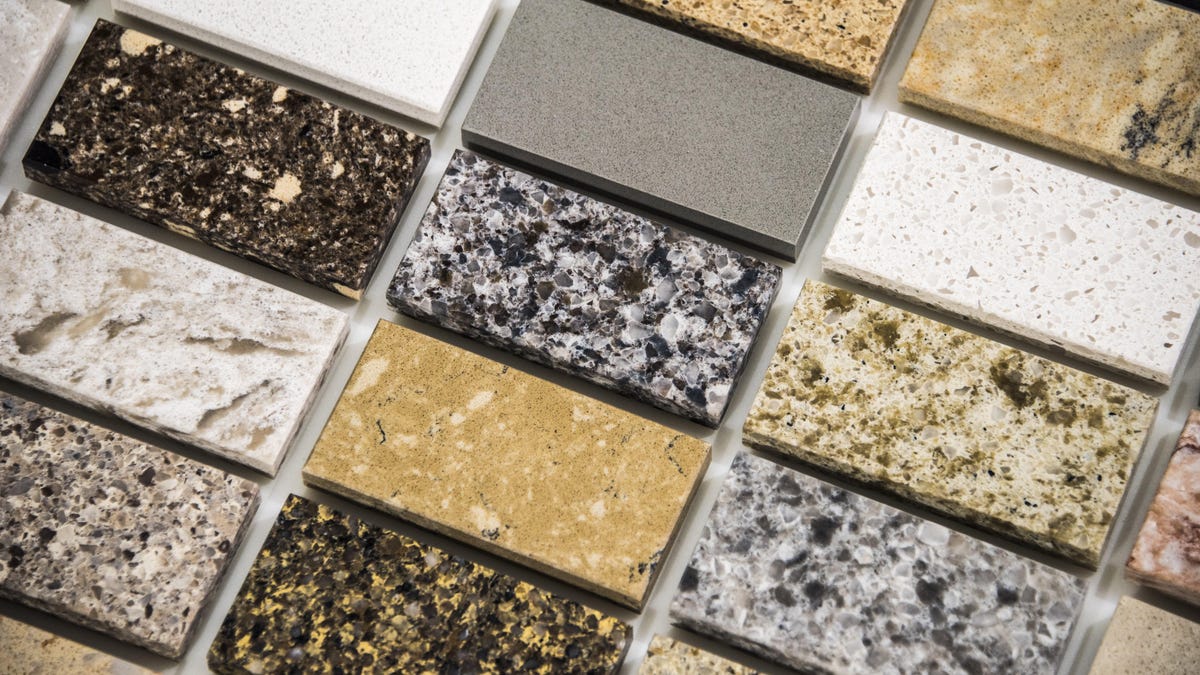Pros and Cons of Granite, Quartz and Marble Countertops

Whether you’re building a new home or renovating your kitchen, you’ll have to make decisions about countertops. If you want to use natural stone rather than laminate countertops, for example, you can choose granite, quartz or marble.
The next step is to determine which stone is best for your budget and home needs. Here are some pros and cons of granite, quartz, and marble countertops to consider when making your decision.
Granite countertops
Popular since the 1990s , granite is a combination of interlocking mineral crystals of various colors in natural wave-like or speckled patterns.
Pros:
- Very hard, dense and very durable
- Withstands cuts and does not scratch
- Heat resistant
- No two granite slabs are alike.
- Not as expensive as when it first hit the mainstream.
Minuses:
- The stone is brittle and may chip or break.
- It is porous, so if the stone is not sealed (or the seal wears off over time), it may stain.
- Extremely heavy: not all racks and cabinets can support it.
Quartz countertops
An alternative to granite is quartz – stone (90% quartzite) processed and sealed in protective epoxy resin (the remaining 10%). While specific prices vary by variety, in general, quartz costs about the same as granite.
Pros:
- Harder than granite and very durable.
- Set it and forget it: no need to reseal
- Non-porous so more hygienic, waterproof, stain resistant and easier to keep clean.
Minuses:
- Not heat resistant
- Doesn’t hold up as well outdoors as it can get damaged if exposed to too much sun.
Marble countertops
Considered the most luxurious of natural stones , marble is known for its distinctive veining and classic appearance .
Pros:
- An eye-catching design that can lift up an entire room
- The softness of the stone makes it easier to buff out scratches and stains.
- Heat resistant
Minuses:
- Expensive
- Porous: needs to be sealed
- The softness of the stone means that it is easy to scratch.
- Some cleaning products and methods may cause damage.
If you find that natural stone isn’t for you after all, there are still plenty of other countertop options to consider, including brick, concrete and tile.